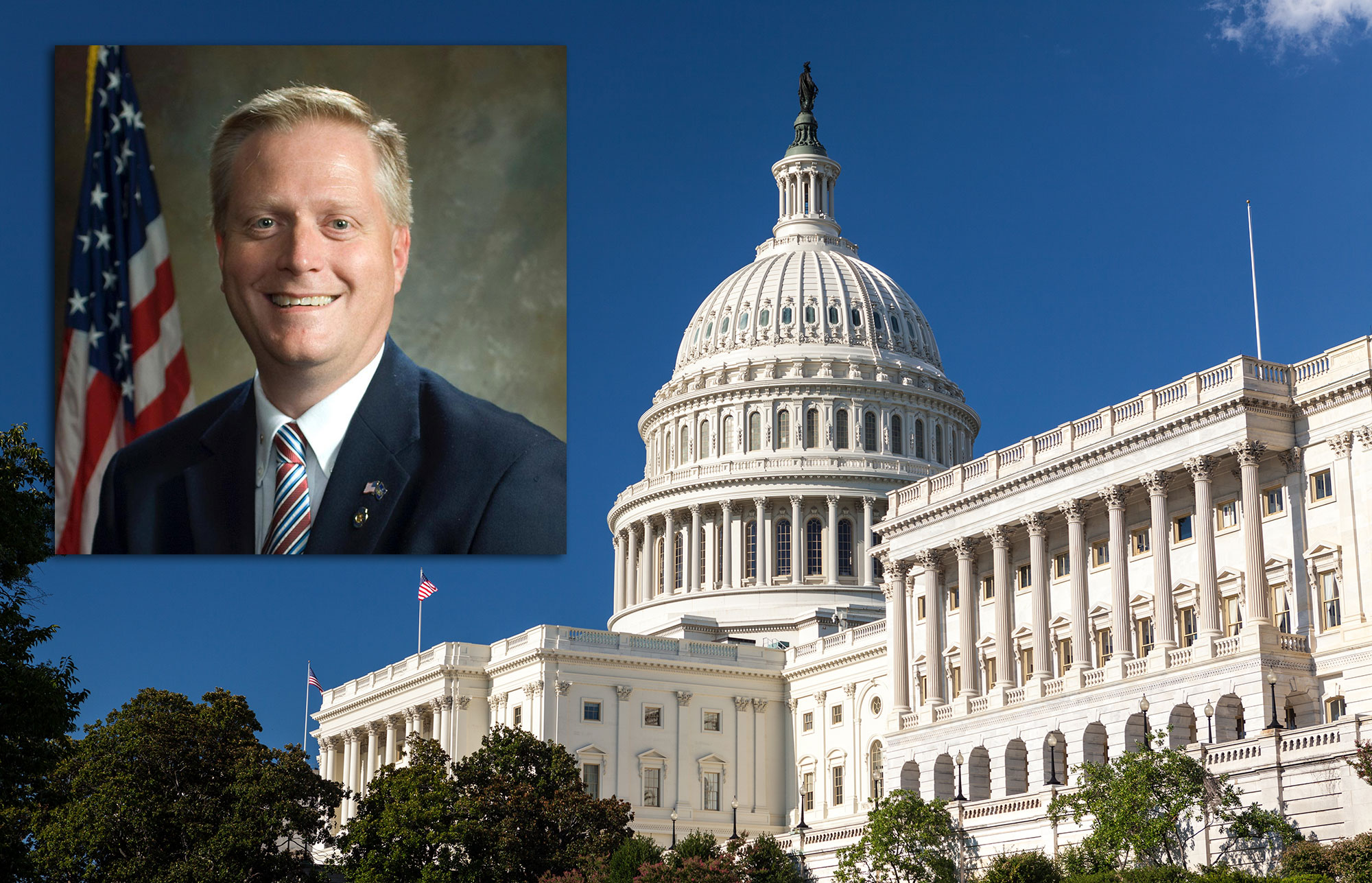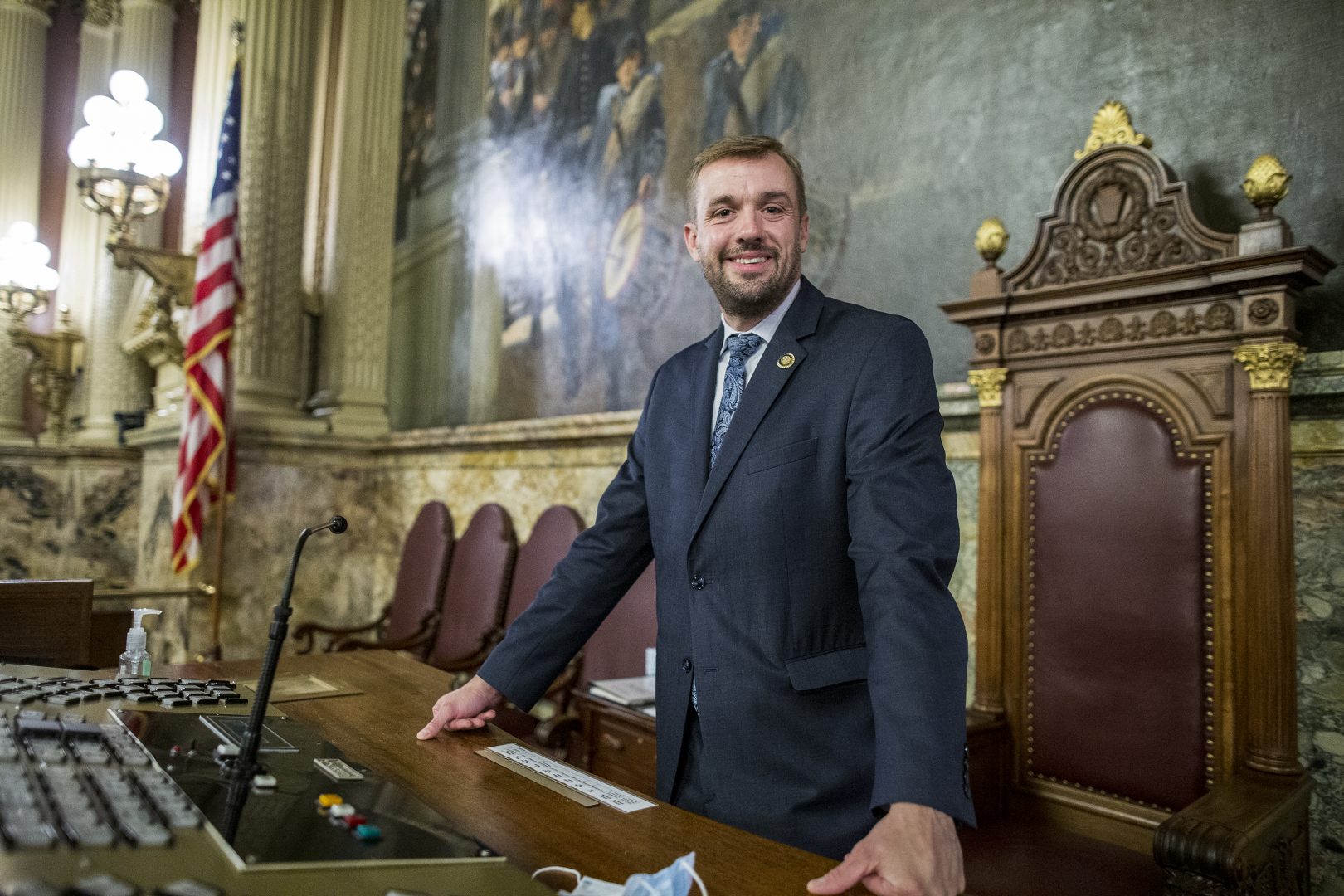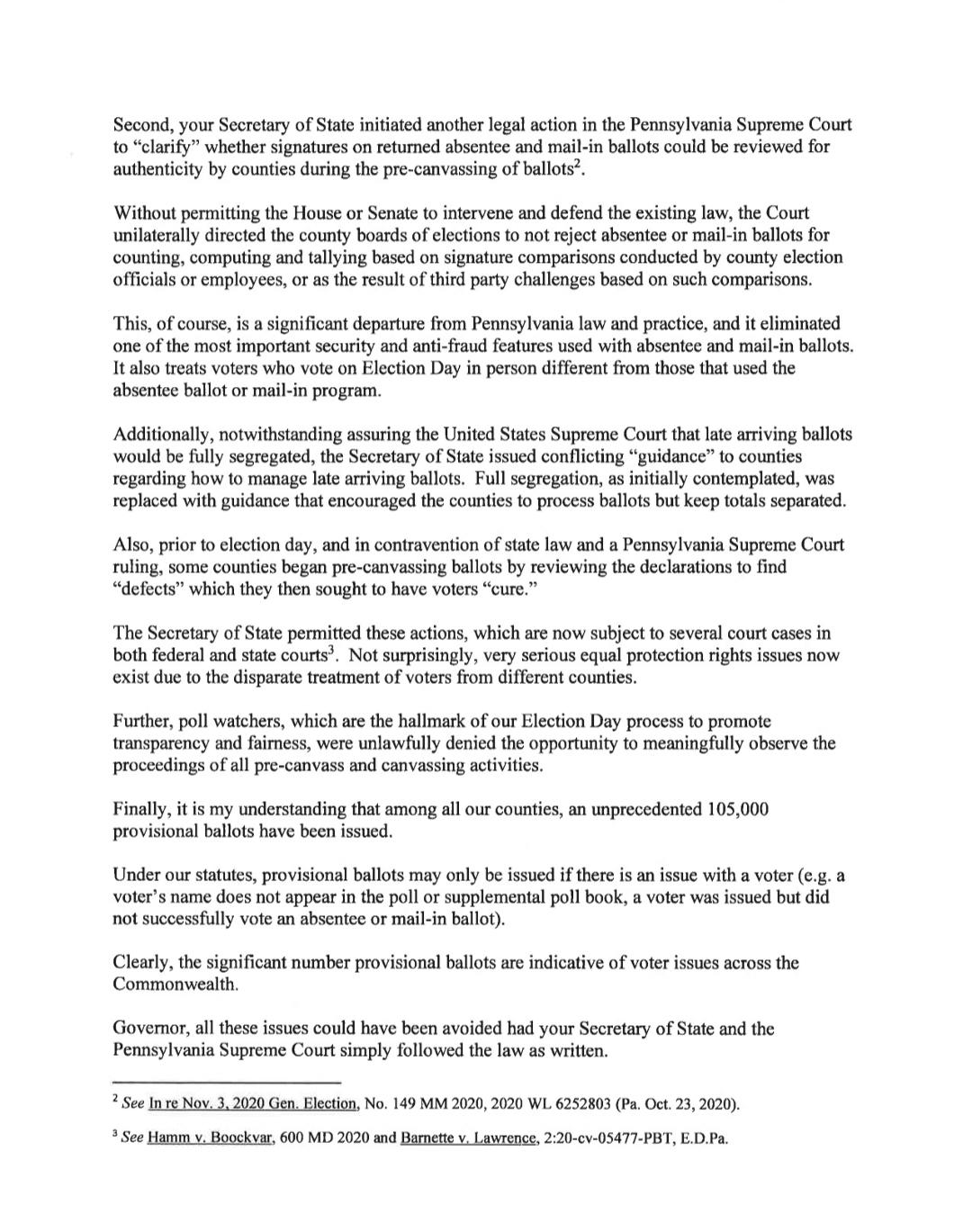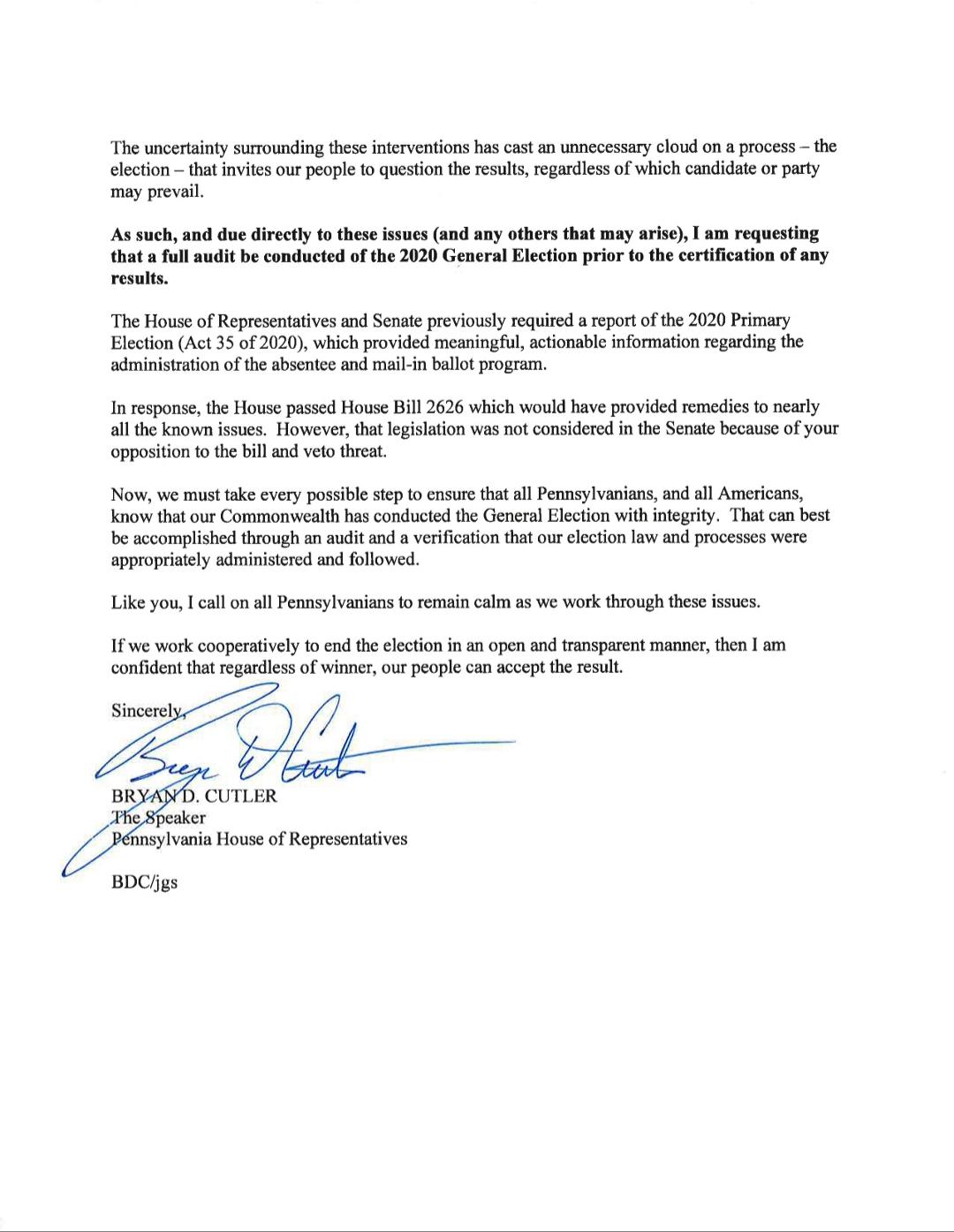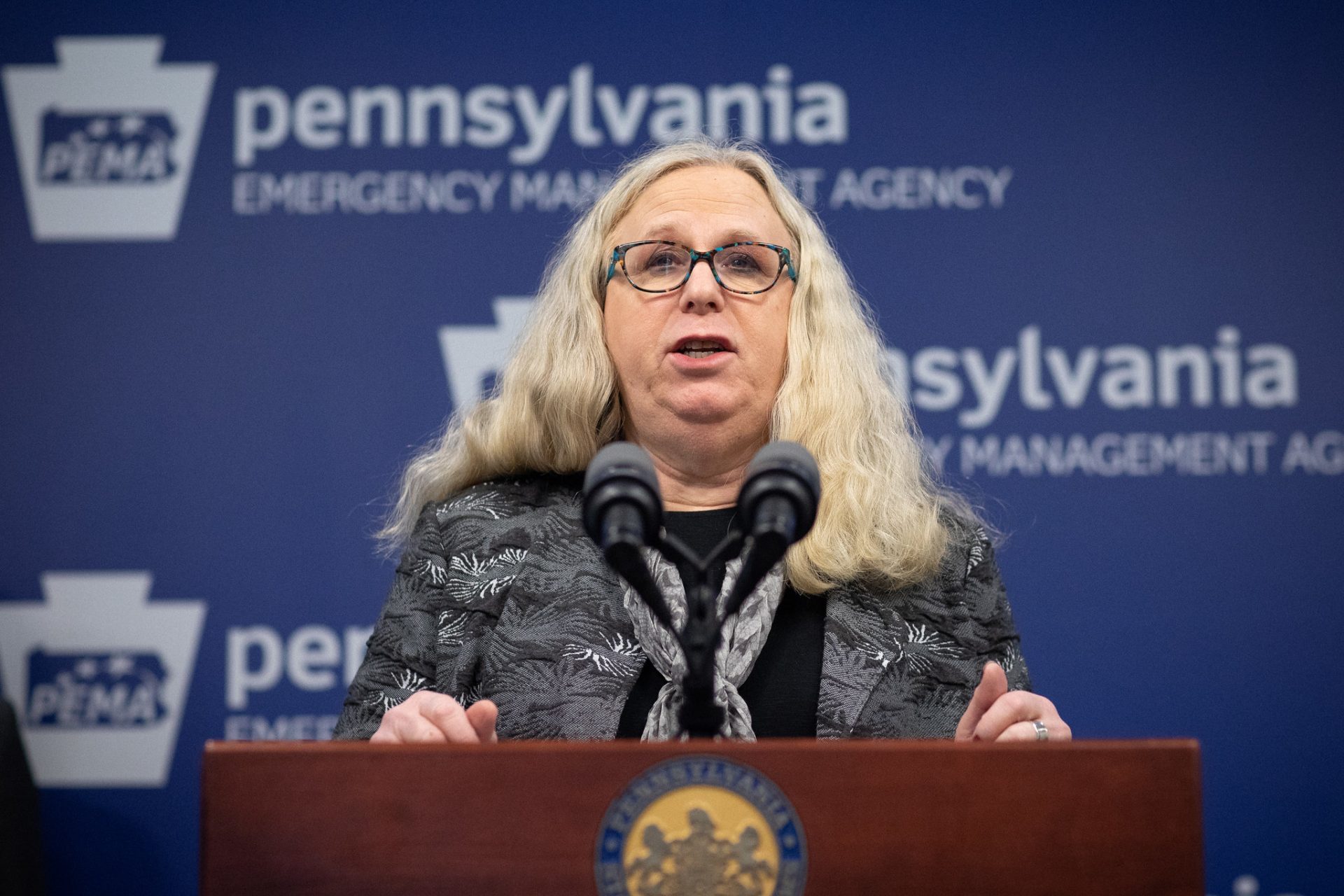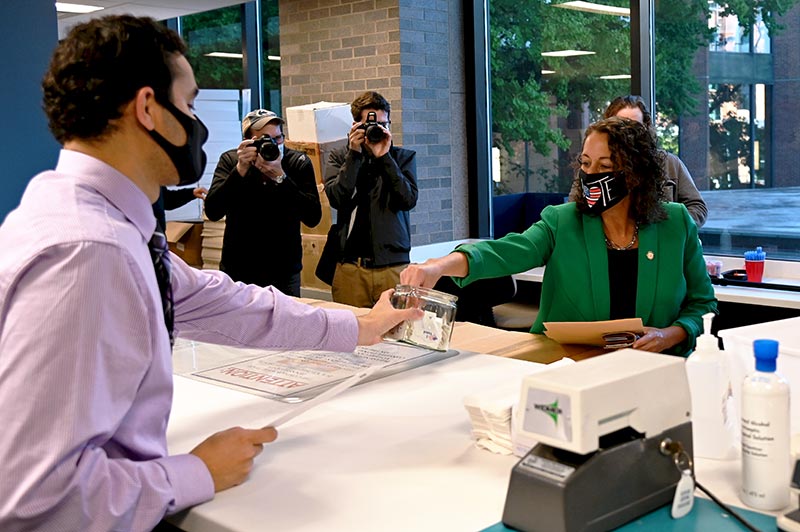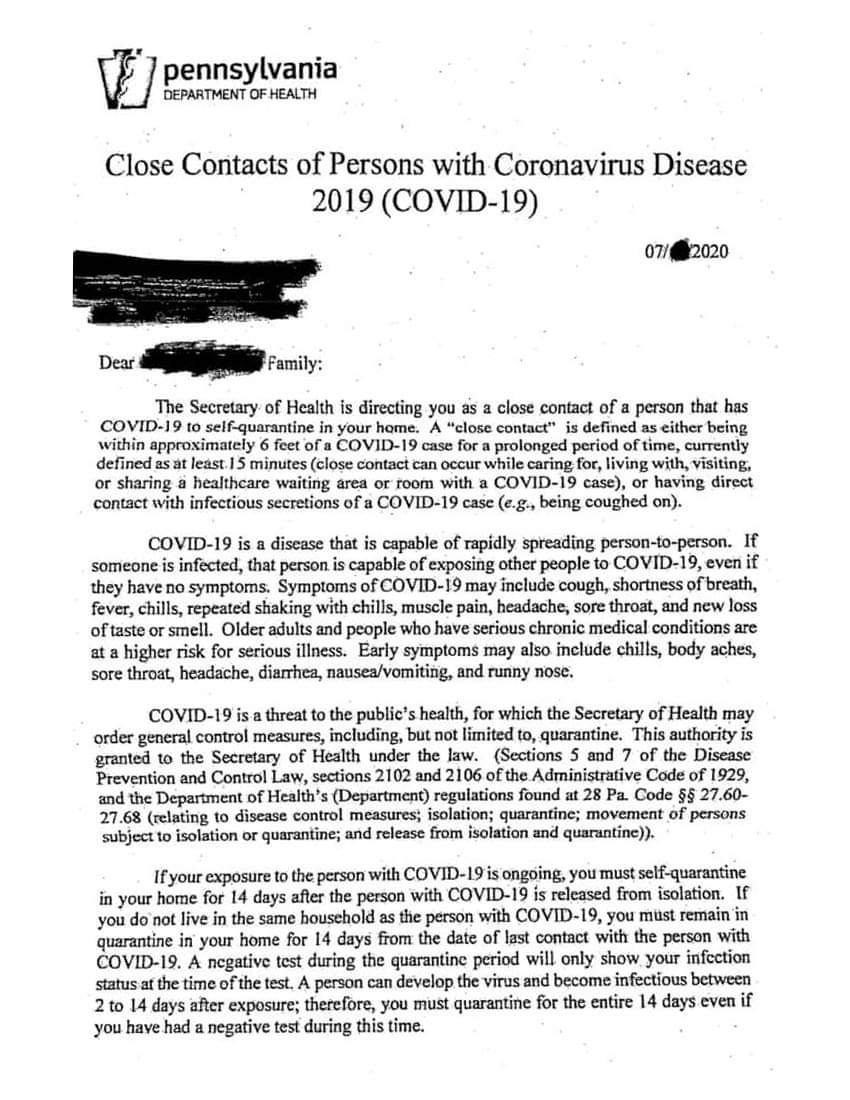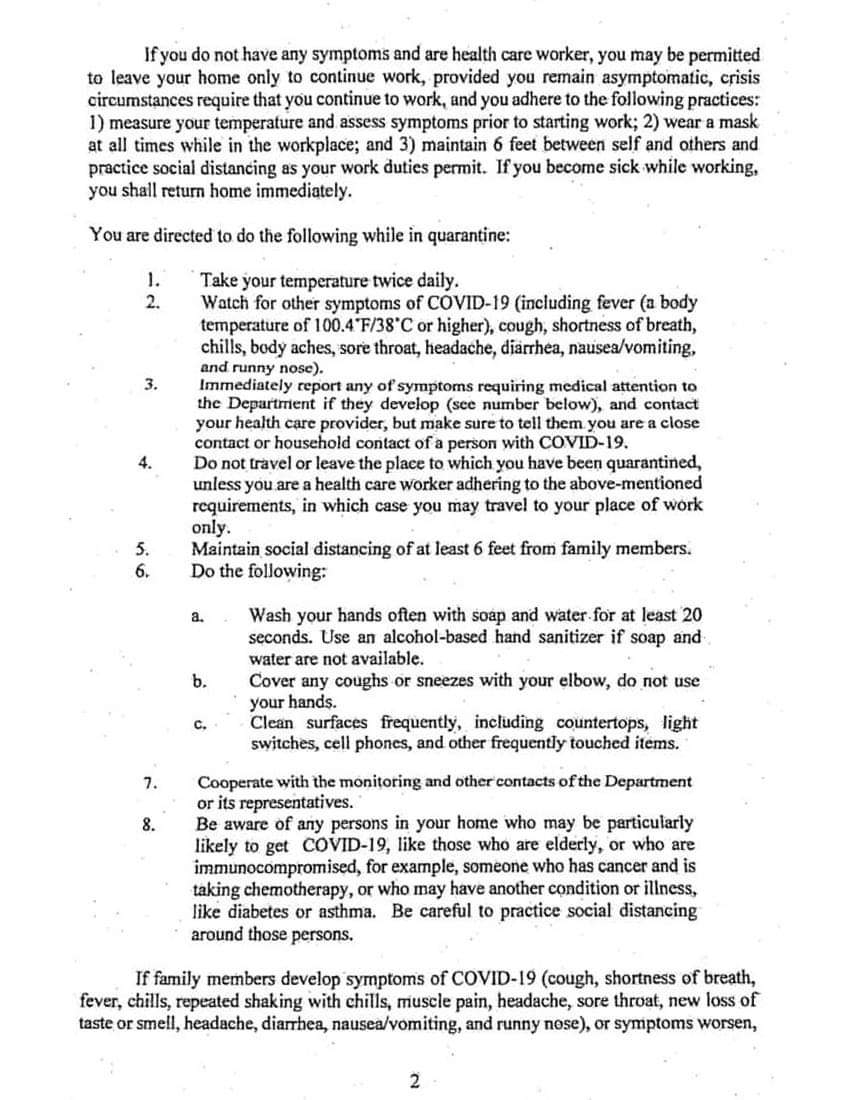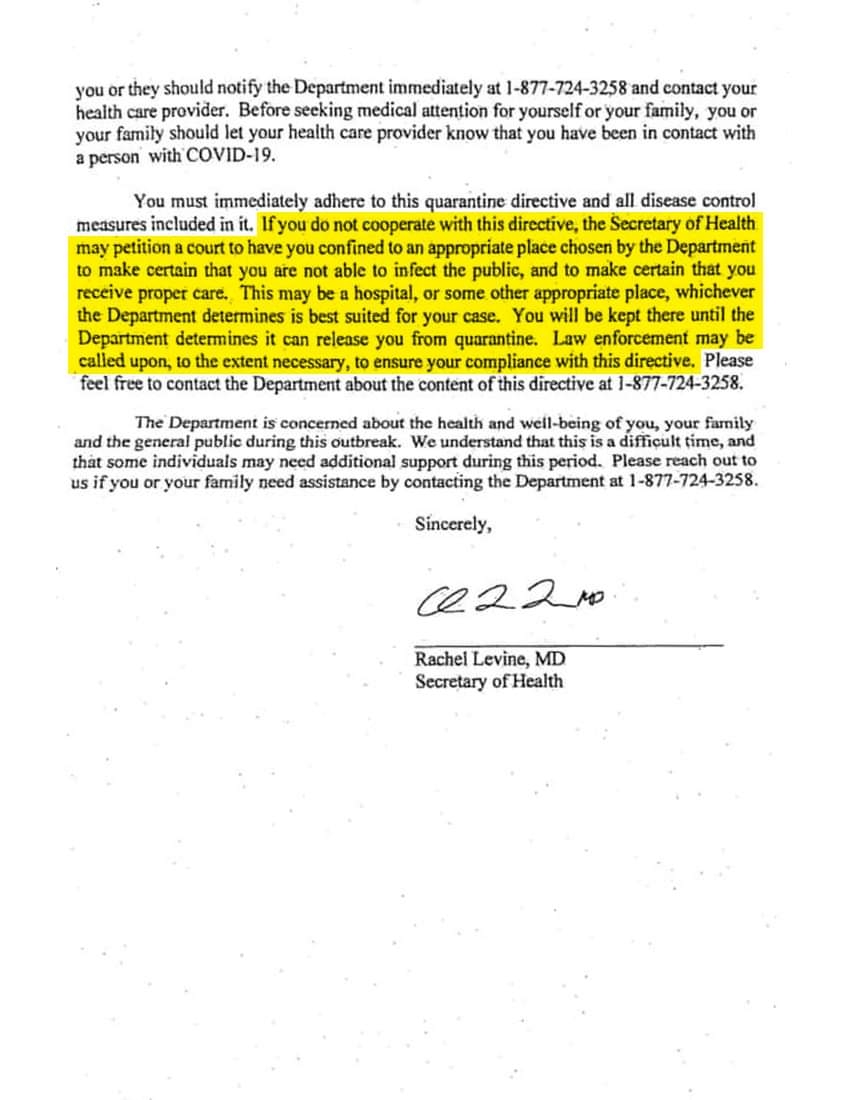Washington, D.C. – Today, nine Pennsylvania Republican members of the U.S. House of Representatives signed a letter urging Attorney General Shapiro to recuse himself from all legal challenges to the official results of the 2020 presidential election in Pennsylvania.
Congressmen Fred Keller (PA-12), Glenn “GT” Thompson (PA-15), Mike Kelly (PA-16), John Joyce (PA-13),
Scott Perry (PA-10), Guy Reschenthaler (PA-14), Dan Meuser (PA-09), Lloyd Smucker (PA-11), and Brian Fitzpatrick (PA-01) signed the letter, which highlights the conflict of interest created by Attorney General Shapiro’s dual role as political candidate and a neutral arbiter.
On the letter, Congressman Keller made the following statement:
“The citizens of the United States, not media outlets, determine the outcome of elections. With recounts and legal challenges expected, we must let the process play out. Count every legal vote.”
The letter attached 11.07.20 PA Delegation Wolf Shapiro Boockvar Letter, reads as follows:
Dear Governor Wolf, Attorney General Shapiro, and Secretary Boockvar:
As Members of the Pennsylvania Congressional Delegation, we greatly understand that when a legislative body creates law, the duty of an administration is to faithfully execute the law. However, we are deeply concerned with how the Commonwealth has handled the general election.
From last minute guidance provided to the counties on the eve of the election, to the Attorney General playing dual roles as a political candidate and legal arbiter with a vested personal interest, to volunteer legal observers being prevented from having access to vote counting locations, we believe these conflicts and irregularities have greatly eroded public trust in the Commonwealth’s electoral system.
The citizens of the Commonwealth do not just expect free and fair elections, they deserve free and fair elections.
We believe that every legal vote should be counted, and it is compulsory for the Secretary of the Commonwealth to discount any votes that do not meet the letter of the law. On Friday, November 6, United States Supreme Court Justice Alito issued a temporary order requiring election officials to segregate ballots received after 8 p.m. on election day. While Secretary Boockvar has indicated this has already been occurring in Pennsylvania’s 67 counties, there has been little evidence to support these statements.
This uncertainty follows guidance issued to the counties on the eve of the election instructing them to disclose to party operatives individual information associated with rejected mail-in ballots, in an attempt to have corrections made, which is in direct conflict with Pennsylvania election law. We believe that in order to faithfully execute the duties of the office of the Secretary of the Commonwealth it is incumbent upon Secretary Boockvar to follow the law.
Statements made by Pennsylvania’s Attorney General, including social media posts calling the outcome of the election, prior to the tabulation of a single vote, are troubling and highlight the Attorney General’s inability to maintain impartiality and to separate his sworn duties from his political desires. We believe that due to this conflict, the Attorney General must recuse himself from all future election proceedings and appoint an impartial designee moving forward.
As many of these issues will now be addressed by the United States Supreme Court, we remain concerned about the integrity of the election and continued attempts by the administration and its officials to put their thumbs on the scale in pursuit of what they believe should be a preordained outcome. These actions continue to chip away at the foundation of our representational democracy and challenges the citizens of Pennsylvania’s faith in their government. We implore you to put politics aside and provide these requests all due consideration.
This is a developing story on TalkWilliamsport.com
